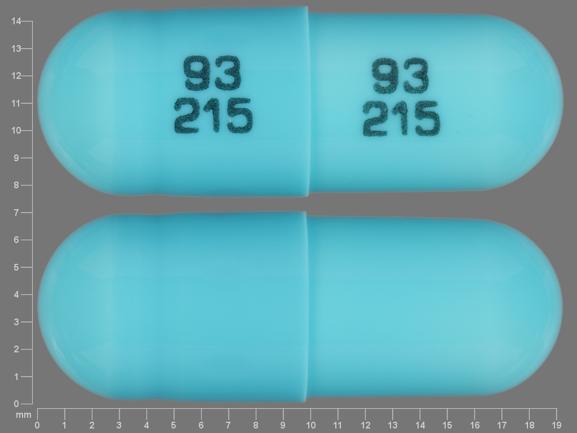Zinc acetate and Alcohol/Food Interactions
There is 1 alcohol/food/lifestyle interaction with zinc acetate.
Zinc Acetate Food/Lifestyle
Moderate Food Interaction
ADJUST DOSING INTERVAL: The presence of certain foods (e.g., bread, bran, hard boiled eggs, coffee, and milk) may significantly delay the absorption of zinc acetate. Fibres, phytates, and other substances in food prevent zinc from entering intestinal cells by binding with it. Protein does not appear to interfere with its absorption.
MANAGEMENT: Zinc acetate should preferably be taken on an empty stomach, at least one hour before or two to three hours after meals. It may be taken with small amounts of protein such as meat.
References (1)
- Cerner Multum, Inc. "UK Summary of Product Characteristics."
Switch to consumer interaction data
Zinc acetate drug interactions
There are 155 drug interactions with zinc acetate.
Zinc acetate disease interactions
There are 2 disease interactions with zinc acetate which include:
More about zinc acetate
- zinc acetate consumer information
- Check interactions
- Compare alternatives
- Side effects
- Dosage information
- During pregnancy
- Drug class: minerals and electrolytes
- En español
Related treatment guides
Drug Interaction Classification
| Highly clinically significant. Avoid combinations; the risk of the interaction outweighs the benefit. | |
| Moderately clinically significant. Usually avoid combinations; use it only under special circumstances. | |
| Minimally clinically significant. Minimize risk; assess risk and consider an alternative drug, take steps to circumvent the interaction risk and/or institute a monitoring plan. | |
| No interaction information available. |
See also:
Further information
Always consult your healthcare provider to ensure the information displayed on this page applies to your personal circumstances.


